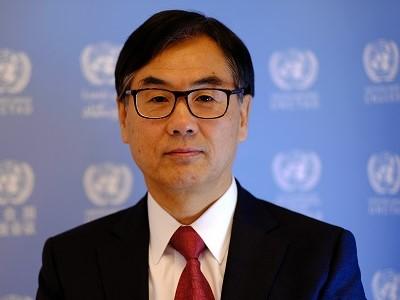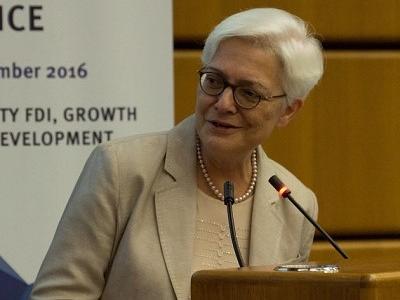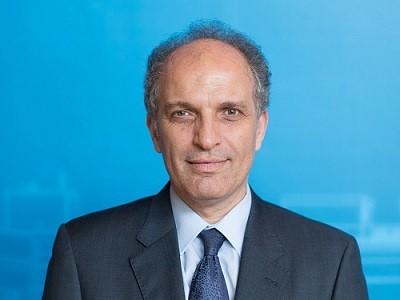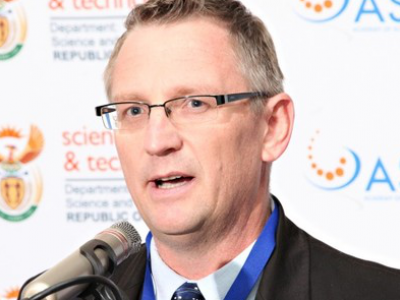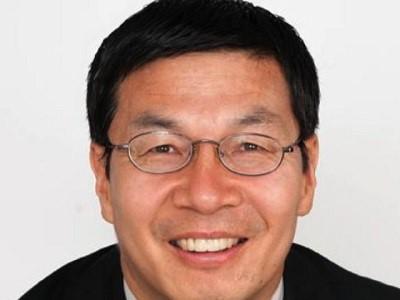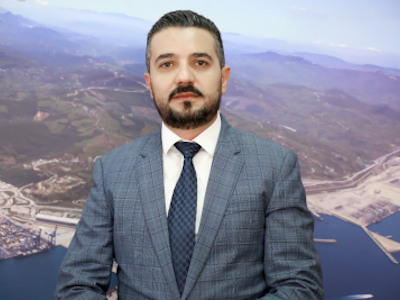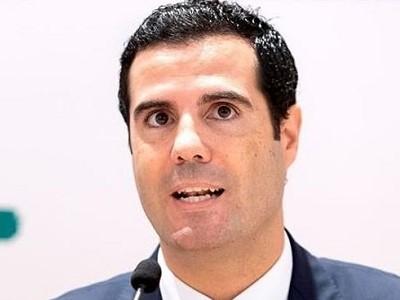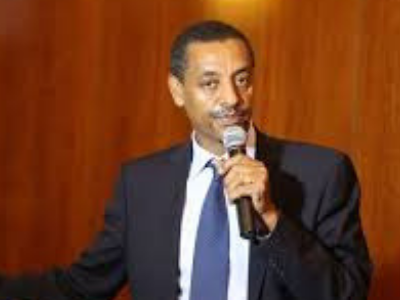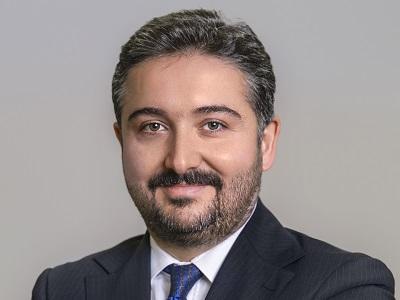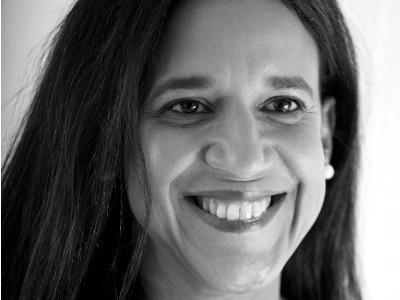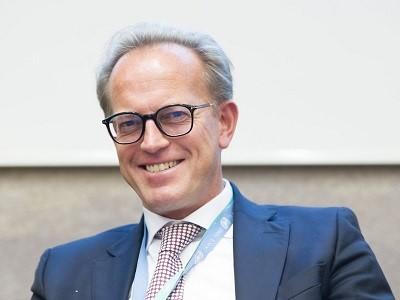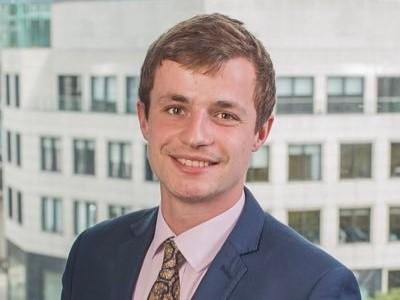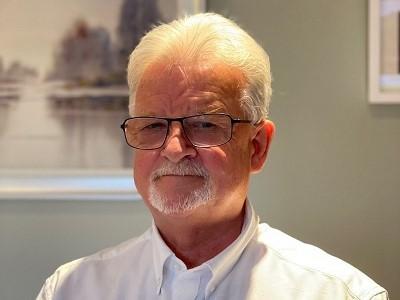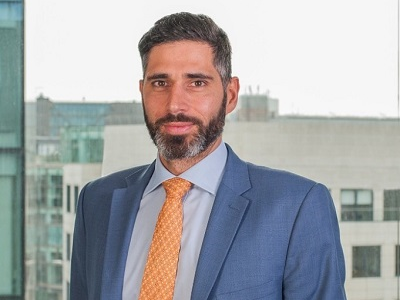Special Economic Zones (SEZs) in their various forms are expanding globally, especially in developing countries. According to UNCTAD estimates, there are more than 5,000 SEZs in the world with upwards of 90% of these in developing countries. Since many first-generation zones often pursued an investment attraction strategy centered around low wages and lax employment conditions, SEZs have been criticized for not adhering to adequate social and environmental standards. Although some newly created zones are going against this trend, widespread adaptation of measures that would in addition to unleashing the economic potential of SEZs, also make them drivers of sustainable development remains elusive. Recent research by UNCTAD presents the economic case for a ‘role reversal’ switching from a narrow focus on cost advantages to becoming champions of sustainability. In this backdrop, UNCTAD recently presented the framework for the sustainable development goal (SDG) model zone which functions as a menu of options for gearing SEZs towards the 2030 agenda, with the key objective to make SEZs work for the SDGs, from privileged enclaves to widespread benefits. Conceptually, the options are built around three key elements:
- A strategic focus on attracting investment in ‘’SDG-relevant’’ activities
- The highest level of environmental, social, and corporate governance standards and compliance
- Promoting inclusive growth through linkages and spillovers
Issues to be addressed
- How can SDG model zones transform SEZs from a race to the bottom in terms of sustainability standards into a race to the top, making sustainable development impact a locational advantage?
- Experience of the Eco-Industrial Parks (EIPs): How do the EIP concepts and approaches contribute to circularity, sustainability and the SDGs?
- What are the existing best practices within SEZs with regards to SDG investment strategy, ESG standards compliance and inclusive growth via linkages and spillovers? Case studies from Africa, Asia and Latin America.
- What role can international partnerships between financing partners, SEZ developers, host countries, investment promotion agencies (IPAs) and outward IPAs play in the transition towards sustainable-development oriented zones?
Session followed by the fDi Intelligence’s Global Free Zones of the Year 2021 Award: fDi markets global free zone of the year award
Judges
- Mr. Richard Bolwijn, Head of Investment Research, Division on Investment and Enterprise, UNCTAD
- Mr. Alex Irwin-Hunt, Global Markets Editor and co-host of Rising Ecosystems Podcast, fDi Intelligence
- Mr. Tony Restall, President & CEO, DSI Group Holdings, Free Zones & Economic Development
- Mr. R. Preston Martin, Co-Founder and CEO, Adrianople Group
